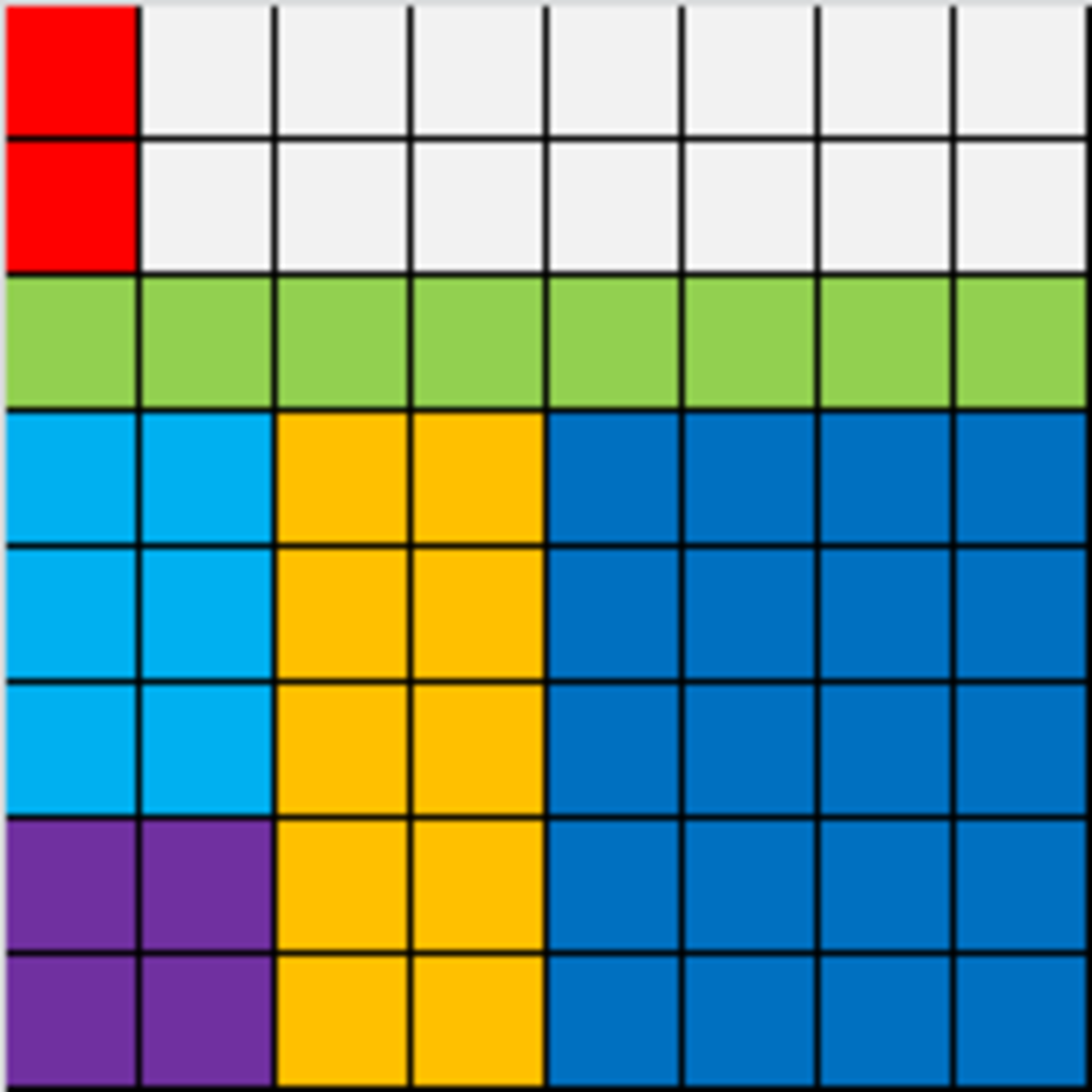Slipt checkboard
Consider the decomposition of a checkerboard in p rectangles that do not intersect and umple the following conditions:
-
Each rectangle has the same quantity of white and black squares.
-
There is not two rectangle with the same quatity of squares.
Find the maximum value of p
The answer is 7.
This section requires Javascript.
You are seeing this because something didn't load right. We suggest you, (a) try
refreshing the page, (b) enabling javascript if it is disabled on your browser and,
finally, (c)
loading the
non-javascript version of this page
. We're sorry about the hassle.
2 solutions
We have that 3 2 ≥ 1 + 2 + 3 + 4 . . . p = 2 p ( p + 1 ) where 6 4 ≥ p ( p + 1 ) so p ≤ 7 .
∴ all the posible descomposition with p = 7 are:
1 + 2 + 3 + 4 + 5 + 6 + 1 1 = 3 2 this is not possible by 1 1
1 + 2 + 3 + 4 + 5 + 7 + 1 0 = 3 2
1 + 2 + 3 + 4 + 5 + 8 + 9 = 3 2
1 + 2 + 3 + 4 + 6 + 7 + 9 = 3 2
1 + 2 + 3 + 5 + 6 + 9 + 8 = 3 2
The last four can be form ∴ the maximum p = 7

Assuming checkerboard is the standard 8x8 chessboard. (Checkers have two common sizes, 8x8 and 10x10.)
Condition 1 requires the rectangles to have an even area. On the other hand, any rectangle (along the gridlines) with even area will satisfy condition 1, so we can replace condition 1 with "each rectangle has an even area".
Suppose there are n rectangles. The minimum area covered is 2 + 4 + 6 + … + 2 n = n ( n + 1 ) , due to condition 2 requiring all rectangles to have different areas. Thus we need n ( n + 1 ) ≤ 6 4 , or n ≤ 7 . So the theoretical maximum is 7 rectangles. This is achievable in many ways; here's one that I think of: